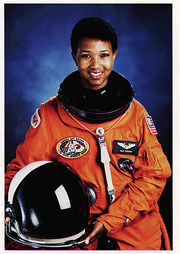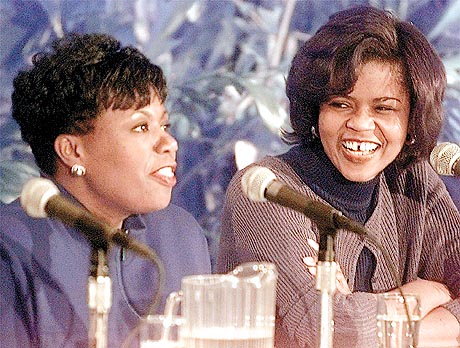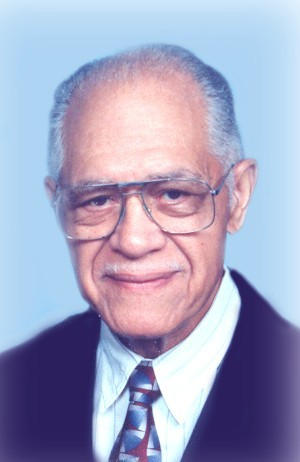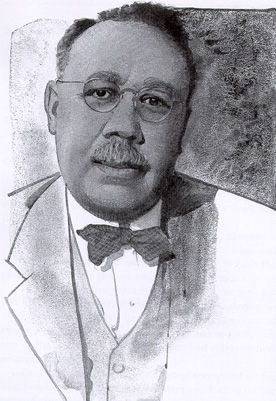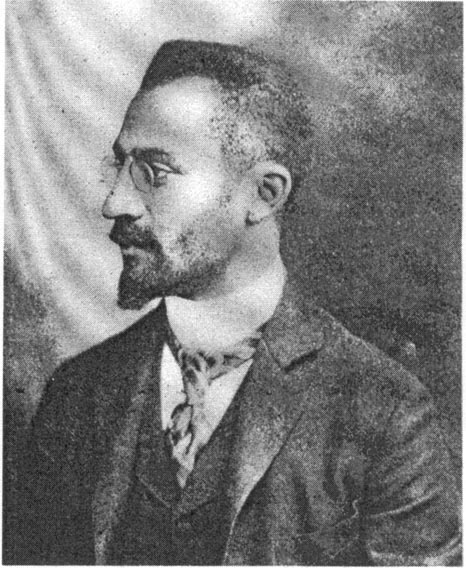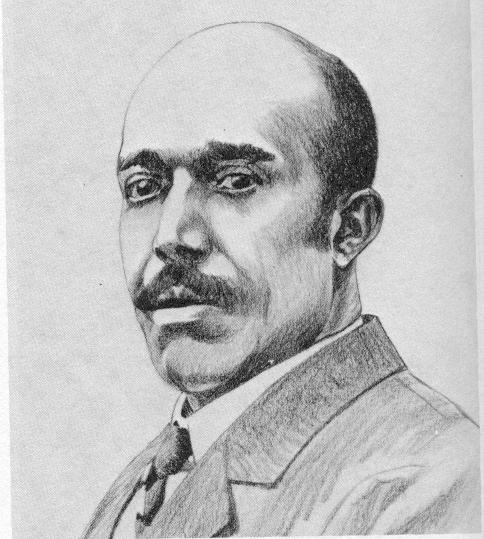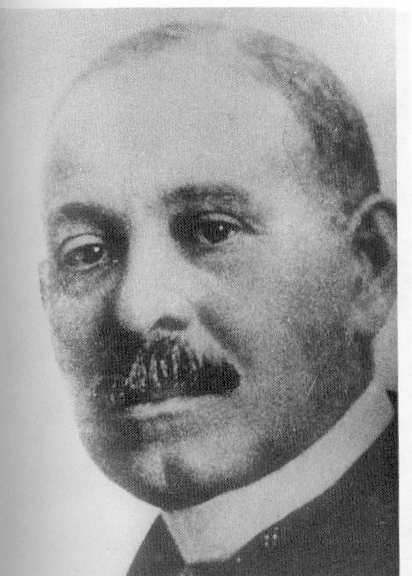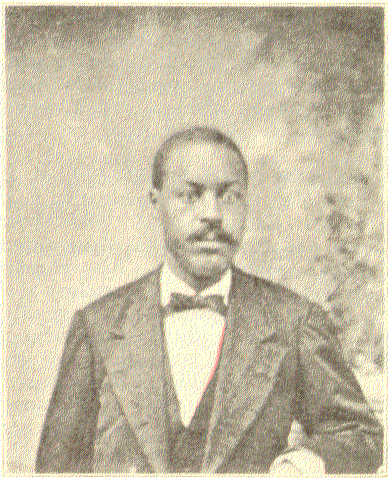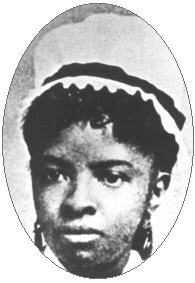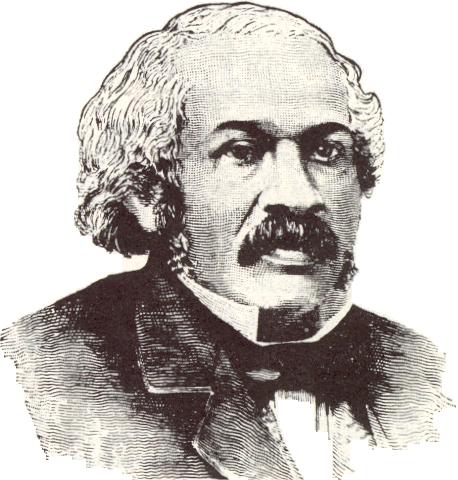African American Influences in Medicine
Black History Month is a time to reflect on the roles African Americans have played in shaping American history. At Digestive Health Specialists, we want to recognize the significant achievements and contributions African Americans have made and are currently making to the practice of medicine, many of whom also have ties to the great state of North Carolina! While the following list is by no means complete, it is a snapshot of the strives we have made in medicine thanks to our African American doctors.
Dr. Mae C. Jemison
Dr. Jemison was the first Black Female astronaut in NASA history (August 1992). After earning her M.D. at Cornell University in 1981, Dr. Jemison went on to research various vaccines in conjunction with the Center for Disease Control (CDC). She continued and quite literally elevated, her medical research on the shuttle Endeavour by conducting experiments in materials processing and life sciences in space.
Dr. Paula Renee Mahone and Dr. Karen Lynn Drake
Drs. Paula Mahone, M.D. (left) and Karen Drake, M.D. (right) were members of a team of forty specialists involved in the delivery of the McCaughey septuplets at the Iowa Methodist Medical Center in Des Moines, Iowa on November 19, 1997.
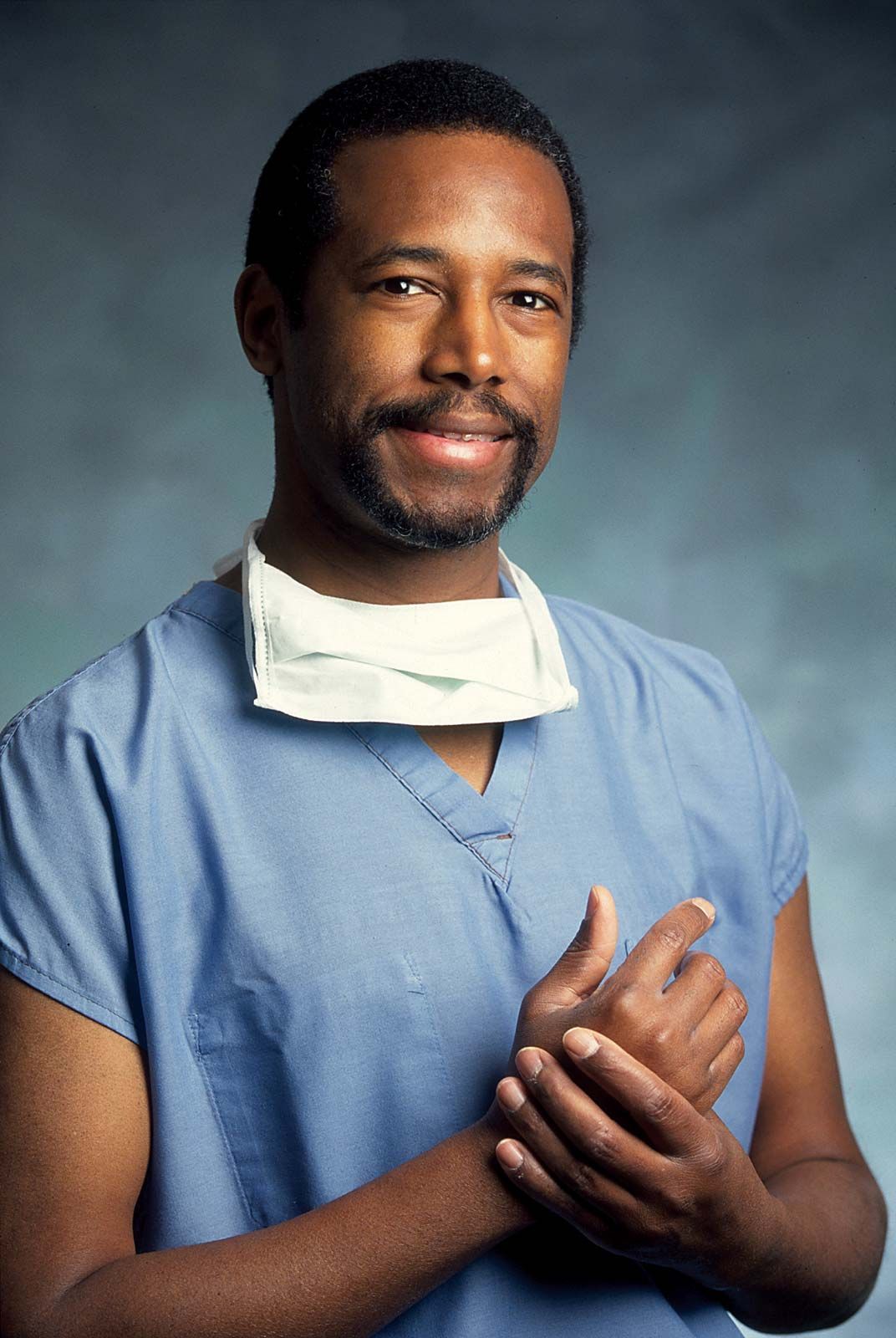
Dr. Ben Carson
At the age of 32, Dr. Carson was Director of Pediatric Neurosurgery at Johns Hopkins Hospital in Baltimore. He separated Siamese twins who were joined at the cranium in 1987. A 70-member surgical team, led by Dr. Carson, operated for 22 hours. He graduated from Yale University; MD, University of Michigan School of Medicine.
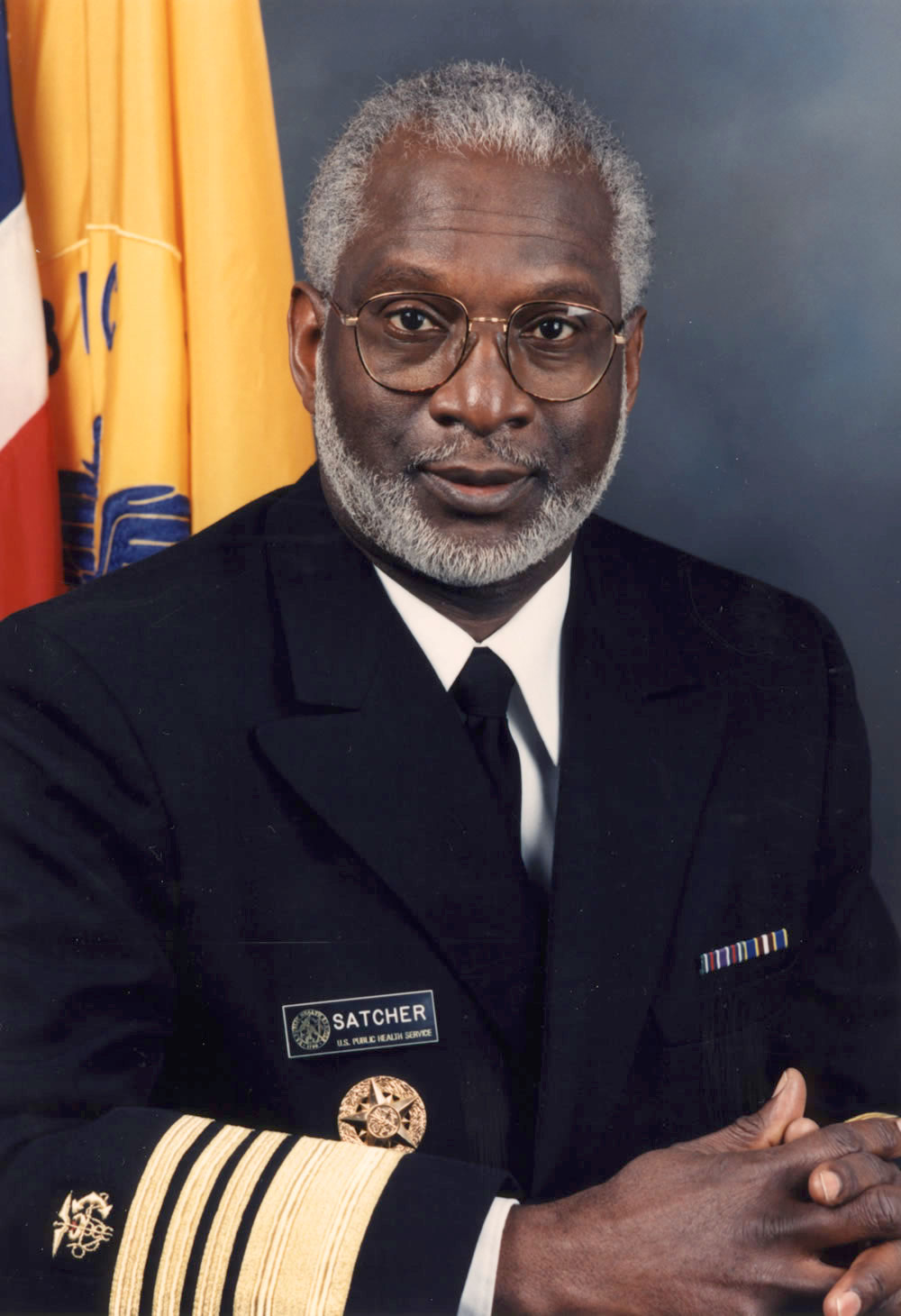
Dr. David Satcher
Dr. Satcher was the 16th Surgeon General of the United States, sworn in on Feb. 13, 1998. He was the director of the Center for Disease Control (CDC) from Nov. 15, 1993, until being sworn in as Surgeon General. While at CDC, he increased childhood immunization rates from 55% in 1992 to 78% in 1996. He was President of Meharry Medical College from 1982-1993; elected in 1986 to the Institute of Medicine of the National Academy of Sciences.
Dr. Charles DeWitt Watts
(1917-2004)
Dr. Watts spent more than 50 years advocating for civil and human rights and for the quality of medical care for all residents of Durham, especially the poor and underserved. He broke racial barriers when he pushed for the certification of black medical students. He was the first African American to be certified by a surgical specialty board in North Carolina. He also played a key role in founding the Lincoln Community Health Center, a free-standing clinic, which served people regardless of their ability to pay. He joined the staff of Lincoln Hospital as Chief of Surgery in 1950. Lincoln was one of the few American hospitals at the time that granted surgical privileges to African-American physicians. He completed his surgical training at Freedman’s Hospital in Washington, DC under the tutelage of Dr. Charles Drew.
Dr. Watts worked to prepare Lincoln’s interns and residents for board certification and convinced Duke University Medical School to oversee Lincoln’s training program so that students could get board certified. He fought along with other community leaders for the creation of one integrated public health care facility, Durham Regional Hospital, built in Durham in 1967. This led to the closing of both Watts and Lincoln hospitals. He served as Adjunct Clinical Professor of Surgery at Duke and Director of Student Health at North Carolina Central University; served for 28 years as Vice President and Medical Director for North Carolina Mutual Life Insurance Co., the largest African-American managed insurer in the country. He was a member of the National Academy of Science’s Institute of Medicine, a fellow in the American College of Surgeons, and an active participant in the National Medical Association.
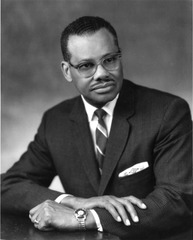
Dr. Leonidas Harris Berry
(1902 — 1995)
Even as a renowned gastroenterologist, Dr. Leonidas Harris Berry, faced racism in the workplace. Berry was the first black doctor on staff at the Michael Reese Hospital in Chicago, Illinois, in 1946, but he had to fight for an attending position there for years. “I have spent many years of crushing disappointment at the threshold of opportunity,” he wrote to the hospital’s trustee board committee in his final plea, “keeping my lamps trimmed and bright for a bride that never came.” He was finally named to the attending staff in 1963 and remained a senior attending physician for the rest of his medical career. In the 1950s, Berry chaired a Chicago commission that worked to make hospitals more inclusive for black physicians and to increase facilities in underserved parts of the city. But his dedication to equity reached far beyond the clinical setting: He was active in a civil rights group called the United Front that provided protection, monetary support, and other assistance to black residents of Cairo, Illinois, who had been victims of racist attacks. In 1970, he helped organize the Flying Black Medics, a group of practitioners who flew from Chicago to Cairo to bring medical care and health education to members of the remote community.
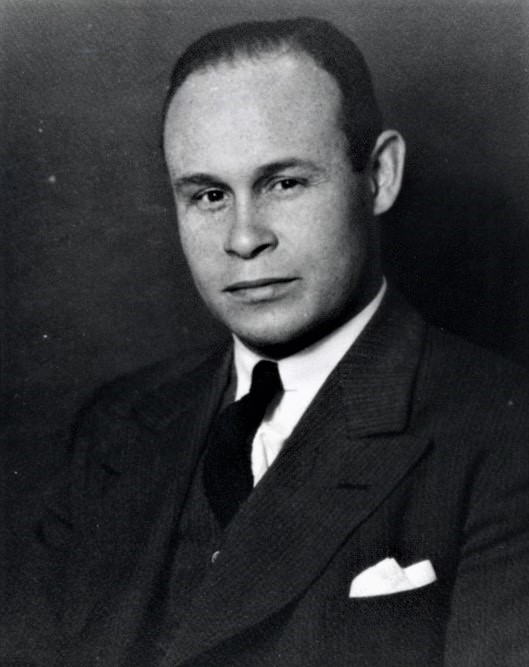
Dr. Charles Richard Drew
(1904-1950)
Dr. Drew was a pioneer researcher in blood plasma for transfusion and in the development of blood banks. He was the first Director of the American Red Cross Blood Bank; a Professor at Howard University; and Chief Surgeon at Freedmen’s Hospital. The U.S. Postal Service issued a Commemorative Stamp with his portrait in 1981. Drew received his M.D. and Master of Surgery (C.M.) degree from McGill University in 1933. On April 1, 1950, Drew died after an auto accident in rural Alamance County, North Carolina.
Dr. William Augustus Hinton
(1883-1959)
Dr. Hinton was the first African American physician to publish a textbook – Syphilis and Its Treatment, 1936. He is known internationally for the development of a flocculation method for the detection of syphilis called the “Hinton Test.” Dr. Hinton is also the first African American to hold a professorship at Harvard University. He attended the University of Kansas from 1900-1902 and then transferred to Harvard, graduating from Harvard Medical School in 1912. From 1921-to 1946, he taught bacteriology and immunology at Harvard before being promoted to clinical professor in 1949.
Dr. Austin Maurice Curtis, Sr.
(1868-1939)
Dr. Curtis was a Raleigh, North Carolina native and a prominent turn of the century physician and protege of Dr. Daniel Hale Williams. He was a Professor of Surgery at Howard University for 25 years; Chief Surgeon at Freedmen’s Hospital, 1898-1938; First intern at Provident Hospital, Chicago, 1891; and the first African American surgeon on the staff of Cook County Hospital (a non-segregated hospital) in 1896.
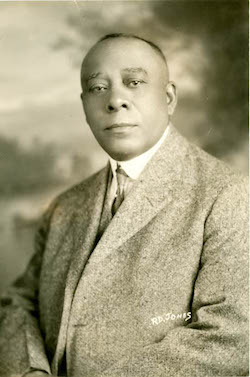
Dr. George Cleveland Hall
(1864-1930)
He was a pioneer in surgery and the Chairman of the Medical Advisory Board at Provident Hospital; was appointed Chief of Staff at the hospital in 1926. He was the leading African American physician in Chicago, 1900-1930 and was instrumental in the establishment of infirmaries throughout the south. He organized the first postgraduate course at Provident Hospital and founded the Cook County Physicians’ Association of Chicago. He was the Vice President of the National Urban League and instrumental in getting it started in Chicago. He was an active member of the National Association for the Advancement of Colored People and helped to find interest in financial support of the Association for the Study of Negro Life and History.
Dr. Nathan Francis Mossell
(1856-1946)
He founded the Frederick Douglass Memorial Hospital and Training School for Nurses in Philadelphia in 1895; was the first African American to graduate from the University of Pennsylvania Medical School in 1882. He was also the first African American admitted to the Philadelphia Medical Society. He was active in the fight for racial equality and was uncle to Paul Robeson, a famous actor and militant champion of “Negro” rights.
Dr. Daniel Hale Williams
(1856-1931)
Dr. Williams performed the first successful open-heart surgery in 1893 and founded Provident Hospital and Training School for Nurses (the first black-owned hospital in America) in 1891. From 1893-1898, he was Surgeon-in-Chief, Freedmen’s Hospital, Washington, DC. He also founded the National Medical Association in 1895 (African Americans were denied membership in the American Medical Association). As a charter member of the American College of Surgeons in 1913, he was the first and only African American member for many years.
Dr. James Francis Shober
(1853-1889)
Dr. Shober was the first known African American physician with a medical degree to practice in North Carolina. He was born in Winston-Salem on August 23, 1853; a graduate of Lincoln University, Oxford, PA. in 1875. He received his M.D. from Howard University School of Medicine in 1878. He married Anna Maria Taylor in 1881 and practiced medicine in Wilmington, NC until his death, January 6, 1889.
Mary Eliza Mahoney
(1845-1926)
She was the first African American professional nurse in the United States (1879). Mary’s parents moved from North Carolina to Boston, where she was born on April 16, 1845. In Boston, black children were not permitted to attend schools with whites until 1855, and even in New England, domestic service was the only way for an African American woman to make a living. Interested in a nursing career from the age of eighteen, Mary was a “nurse” for several prominent white families prior to entering formal nurse training. On March 23, 1878, she was the “first coloured girl admitted” (Medical and Nursing Record Book, 1878) to the nurse training program at the New England Hospital for Women and Children; she graduated sixteen months later at the age of thirty-four. (Note: Mahoney’s biographer, Helen Miller, was Associate Professor of Nursing Research at North Carolina Central University.)
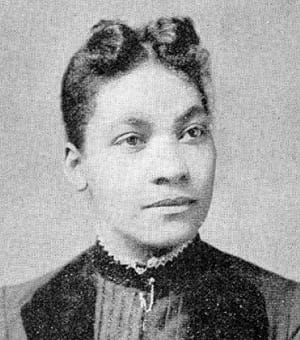
Dr. Rebecca Lee Crumpler
(1831-1895)
Dr. Cumpler was the first African American female to earn a medical degree in 1864 (New England Female Medical College, Boston). Note: Controversial with Rebecca J. Cole, (1846-1922) who received a medical degree from Women’s Medical College of Pennsylvania, 1867.
Dr. James McCune Smith
(1811-1865)
Dr. Smith was the first African American to earn a medical degree in 1837 (University of Glasgow). African Americans were denied admission to U.S. medical schools at the time. He was also the first black to operate a pharmacy in the United States.
This information was collected by Duke University Medical Center Library & Archives.
Under the article Black History Month: A Medical Perspective: People: https://guides.mclibrary.duke.edu/blackhistorymonth

